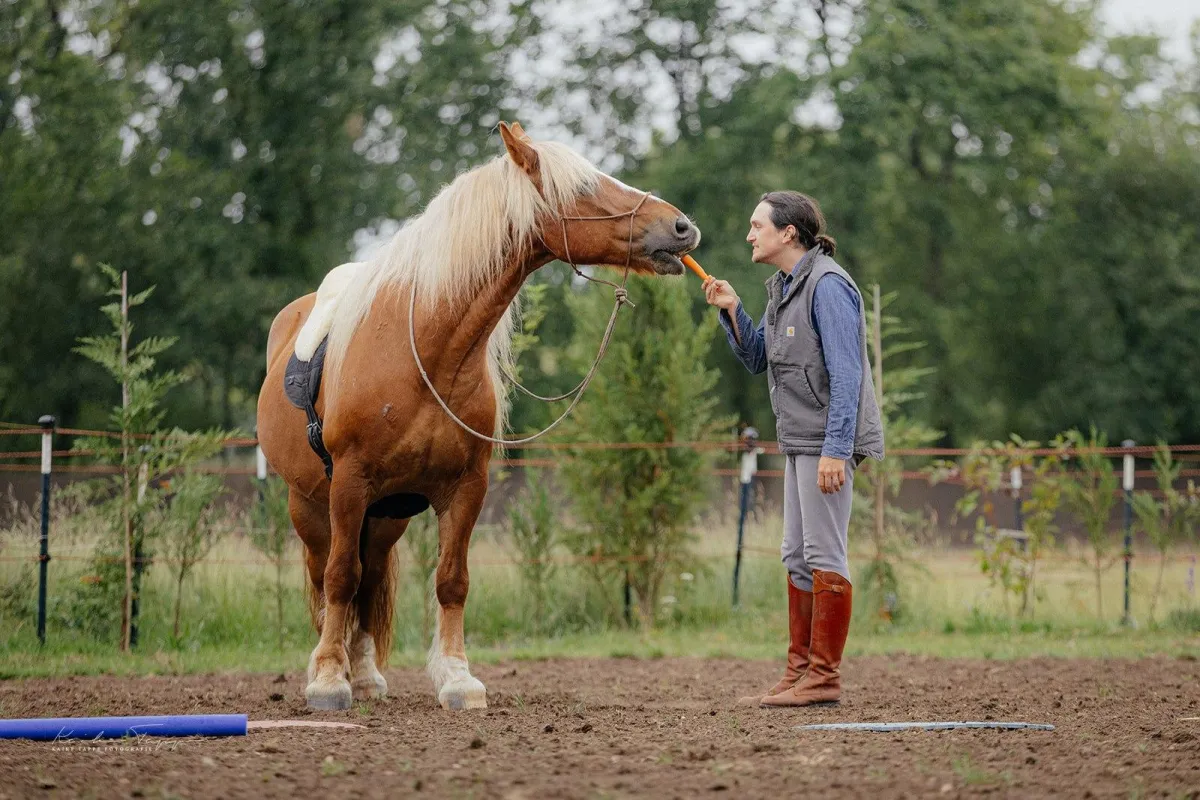
"Easily digestible."
"Well structured and organized. Easily digestible. Clear. Clear differentiation between opinion and fact."
- A. Dongelmans

"Wish to find this course earlier..."
"Very useful and after the experience with clicker training, me and my horse are exactly in the situation described. Wish to find this course earlier as now I instinctively oscillate between variable fixed ratio and variable interval ratio... I really recommend this course before you start food reward training.
- E. Jezkova

"This mini-course helped me understand why and how clicker training as I was taught doesn't produce the results I've been seeking"
"I have recently returned the horse world after a 30 year hiatus and I'm trying to figure out what works best for me and my (very sensitive) horse. Clicker training was a godsend at first to get through to him and get him to trust me at all and want to do things with me. But I always felt uneasy with it and my trainer was also concerned about the dangers of overdoing it. I have been searching for a "middle way"-- I want a real and trusting relationship with my horse, not a obedient machine. This mini-course helped me understand why and how clicker training as I was taught doesn't produce the results I've been seeking and what to try instead. Lockie is easy to listen to and he breaks it down so that it felt easy to understand. I look forward to learning more from Lockie!
- J. Campbell

"I am a human behaviorist by training and this course even reset my understanding of these basic tenets."
This course material was very clearly and specifically explained and the examples enhanced the theories that were covered. It could not have been clearer! I have been having difficulty with my 3 yo and hoof trimming and I am so excited to get back to the barn to use these techniques to help this girl in a positive and productive way as a support to all of the other ways we spend time together. I am a human behaviorist by training and this course even reset my understanding of these basic tenets. Thank you Lockie, another course beautifully executed :))
- J. R. Morton
Have you ever wondered...
"How can I use food rewards in a way that does not micromanage their behaviours?"
"Is it healthy or acceptable
to use food rewards in a variable or unpredictable way?"
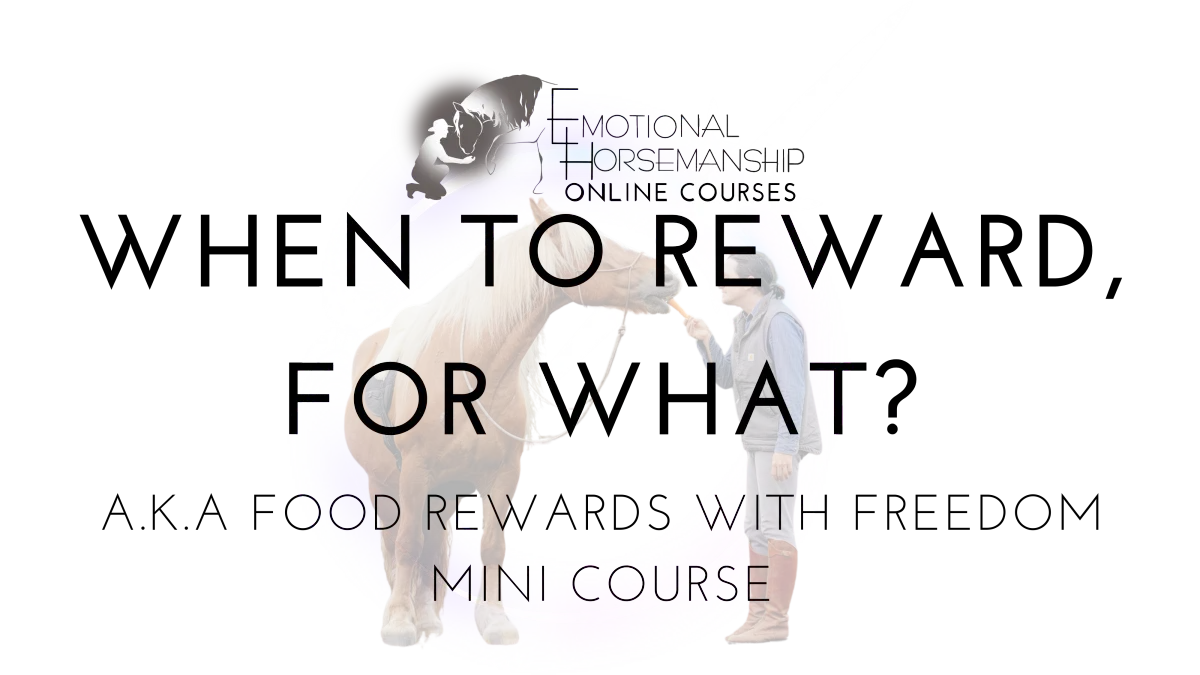
Sceptical of food rewards?
Traditional applications of food rewards in training not working for you? Are you being blamed for food reward not working?
Are you being told to simply "Keep Feeding" or to use more of the same approach, regardless what problems are arising?
You are not alone.
These problems with food based training are common. The solutions CAN be more nuanced than to just keep feeding the horse for wanted behaviour, and it is probably not handlers error causing these problems.
Incredibly, it has also become controversial not only to discuss food in training at all, but controversial amongst food-based trainers to admit there are problems with the approach!
Let's move past the drama, and look plainly at the issues.
And use science to balance them out!
Food rewards can be a fabulous tool in horse training.
This course will not present the argument for SHOULD we use food reward. Food Rewards are a valuable tool in behavioural modification of a horse. But the question is HOW to use them?
Is there more than one way we can use food rewards?
Can we even use them... unpredictably?
Common among R+ trainers is criticism for "mixers" or those who use unpredictable food reward.
Yet, inside the same science that informs traditional food-based training, there are options that allow us to be unpredictable with food reward and avoid sending horses over threshold, creating frustration behaviours, or frying our horses brain with food.
There are ways to use rewards in training freely and loosely, that are fully supported by very old, very established science.
The stigma against food rewards in training, is ridiculous and irresponsible. It prevents people from accessing a super helpful and potentially gentle training tool that their horses could benefit from!
But the "in-fighting" within food-based training communities, and at times the vitriol towards people who question their approaches, or lambasting folks who do not use food reward like them... is also ridiculous.
This mini-course is free from all that.
And full of exactly what needs to be known.
Distinction between instructor opinion, and peer reviewed fact, are clearly signposted.
When to Reward, for What is our faced-paced, super focused response to some of these issues. We chose a mini-course to address this science and arm you with these tools because...
Behaviourism science is over 80 years old. If we want to advance horse training, we need to quickly understand established science, so we can move on to more recent discoveries.
Behaviourism is considered by some modern-day neuroscientists as potentially coercive and impractical when dealing with complex animals. We do not need to spend too much time on this subject anymore.
The science taught in this course is simple, so the course is simple.
Instead of offering you exacting techniques surrounding this science, we presented the science in a way that enables you to apply it to anything you are doing with a horse. Whether or not they are Emotional Horsemanship Techniques. This makes the course more concise.
Sometimes, we just need to get to the point and move on!
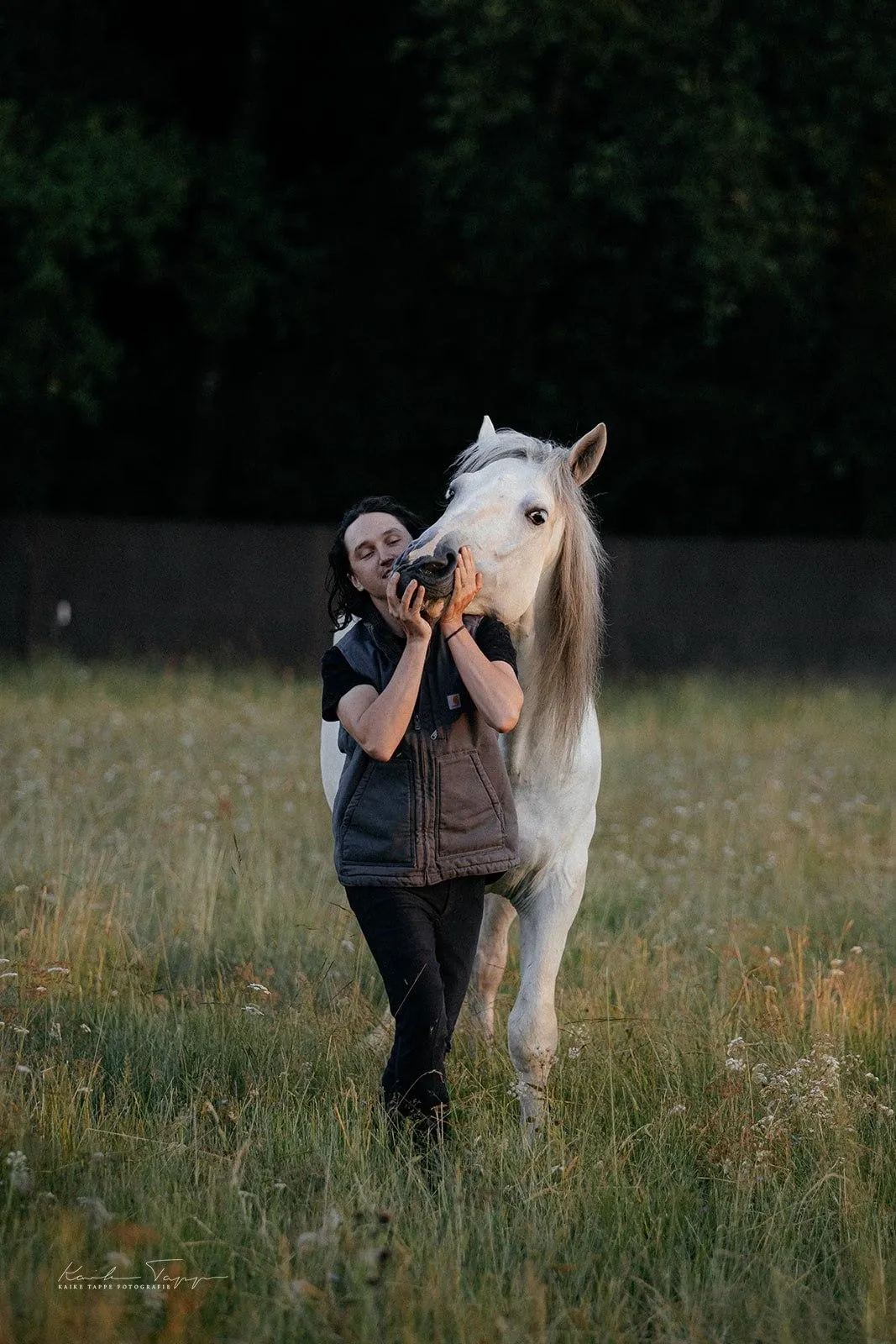
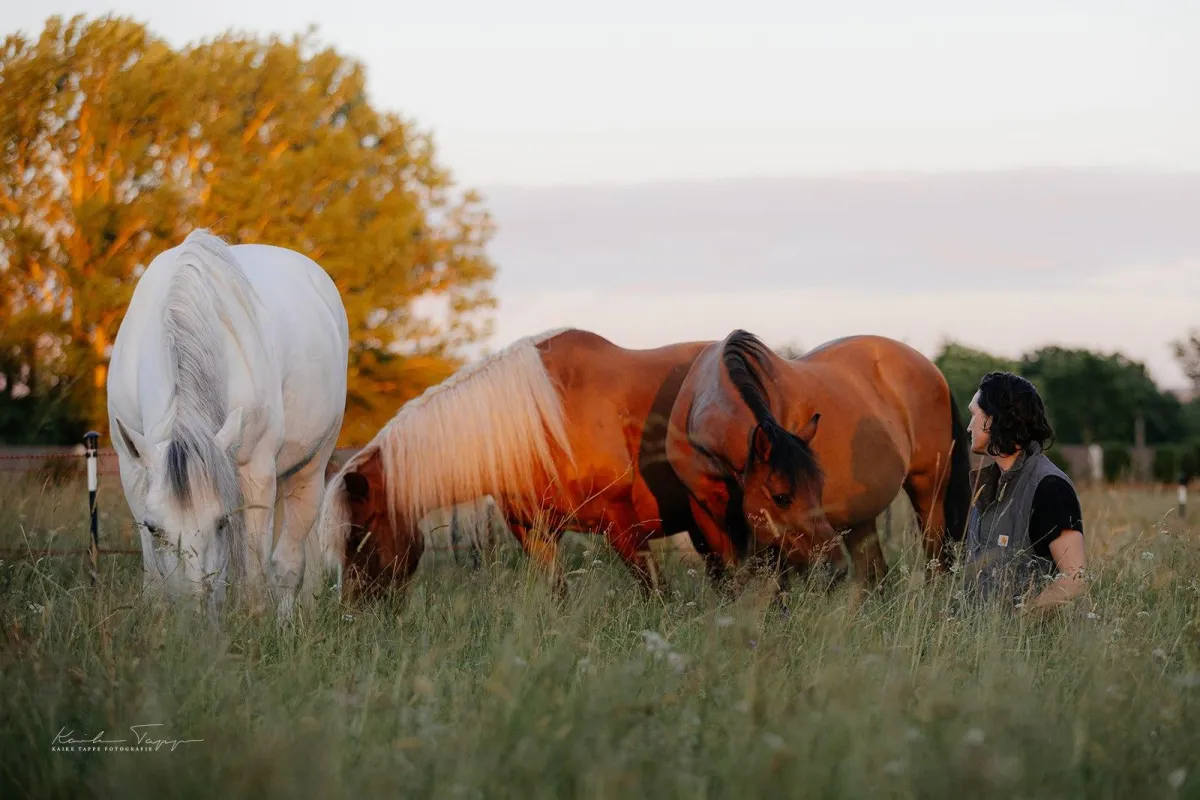
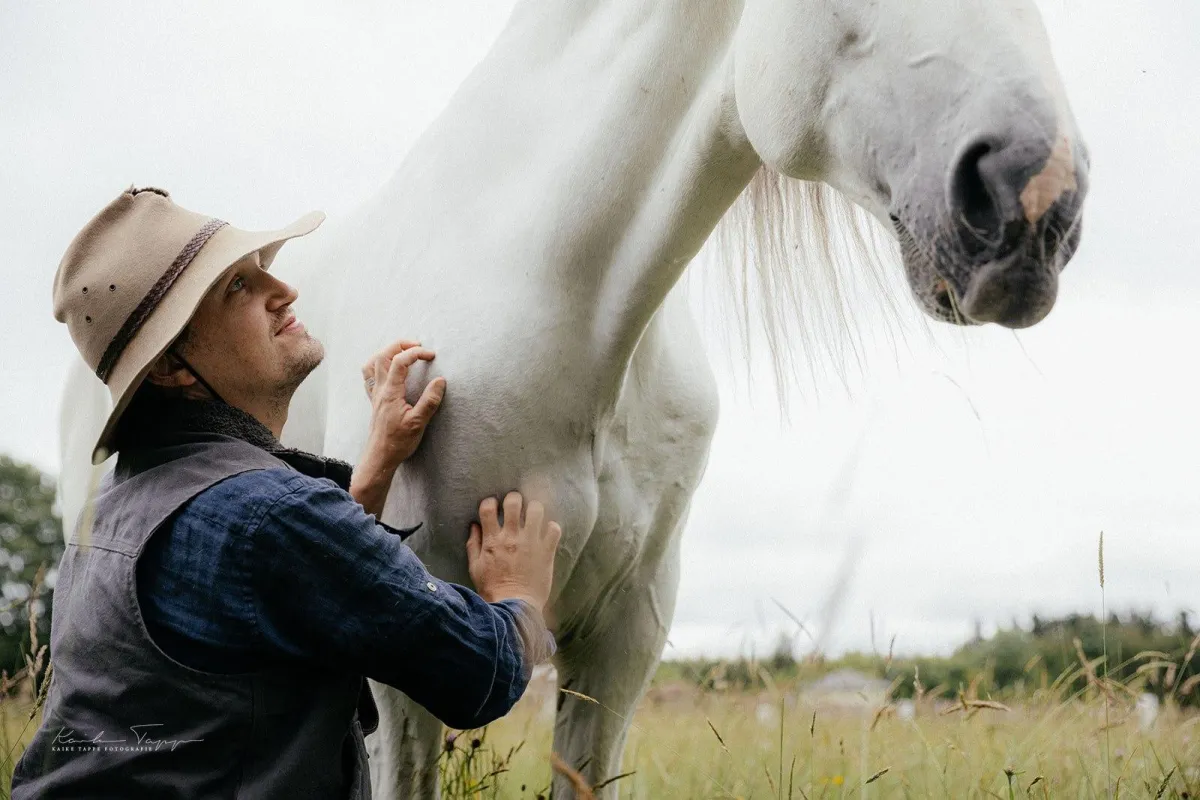
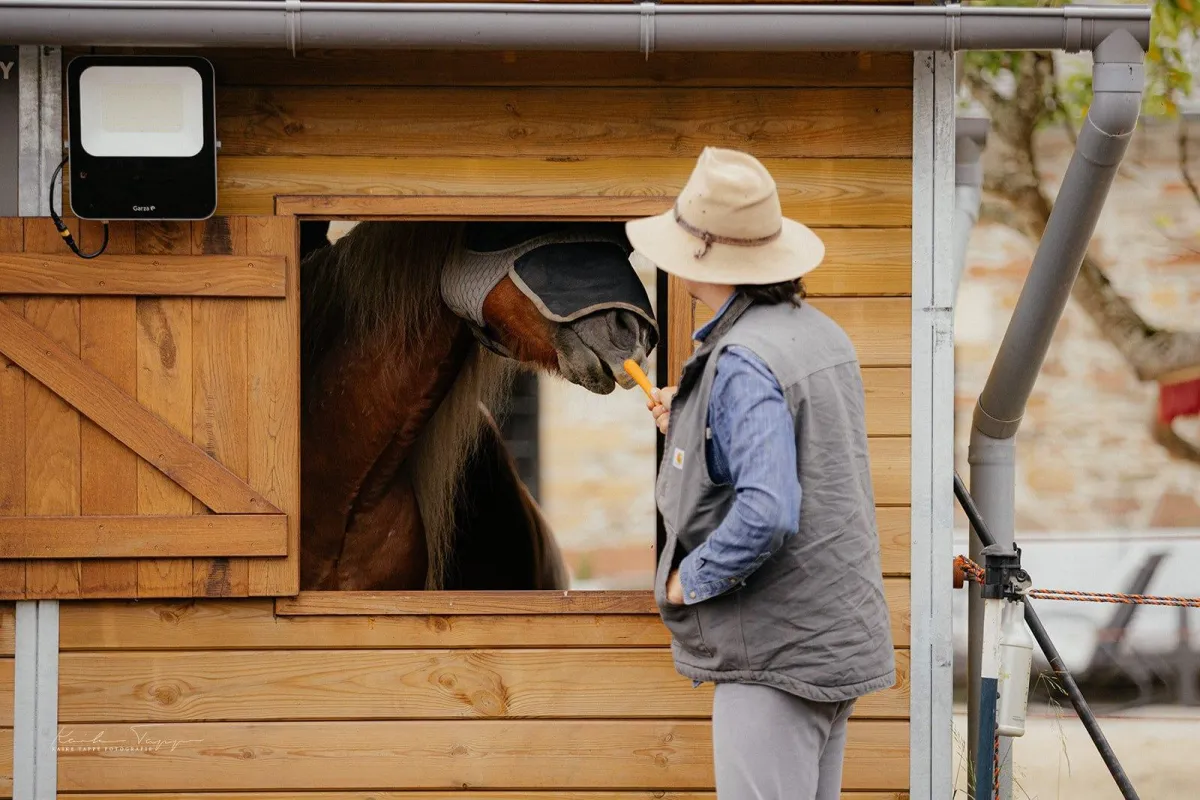
Reinforce, Reinforce, Reinforce....
For many of us, de-escalating how much food we employ in training is SO important. We want our relationship with our horses to be more than a transaction of behaviour for food. We want to create space for an emotional connection, and communication via feel: or emotional expression.
Many of us wish to continue using pressure (not force), and touch as part of our activities with horse. And many of us are logistically unable to create the strict environmental contexts that many food-only trained horses require to suceed; such as, but not limited to protected contact, reverse round-pens, targets, arm extenders, endless quantities of potentially expensive treats and more.
Some of us also have horses with health concerns, where weight management is a real issue. Training needs to be burning calories- not replacing them.
Behaviourism is a part of a rich tapestry of a large variety of Learning Theories known to science. But many horse people don't want behaviourism to be the scientific prison bars to bind us only to peer reviewed practises as gospel.
To be liberated past a high rate of food reward, we can use a little discussed and understood behavioural tool to get there.
Reinforcement Schedules.
This mini course presents just this topic. With a Theory section, and Practical section.
You won't regret this course!
To Change Horse Training for the 21st Century, We Cannot Continue What We Have Always Done.
We Need Fresh Faces, With Different Backgrounds, To Innovate Training Practices Often Gatekept in Communities that are Tricky to Enter and Navigate.
Liberate You and Your Horse to Use this Excellent, Gentle Training Tool Loosely and Freely!
